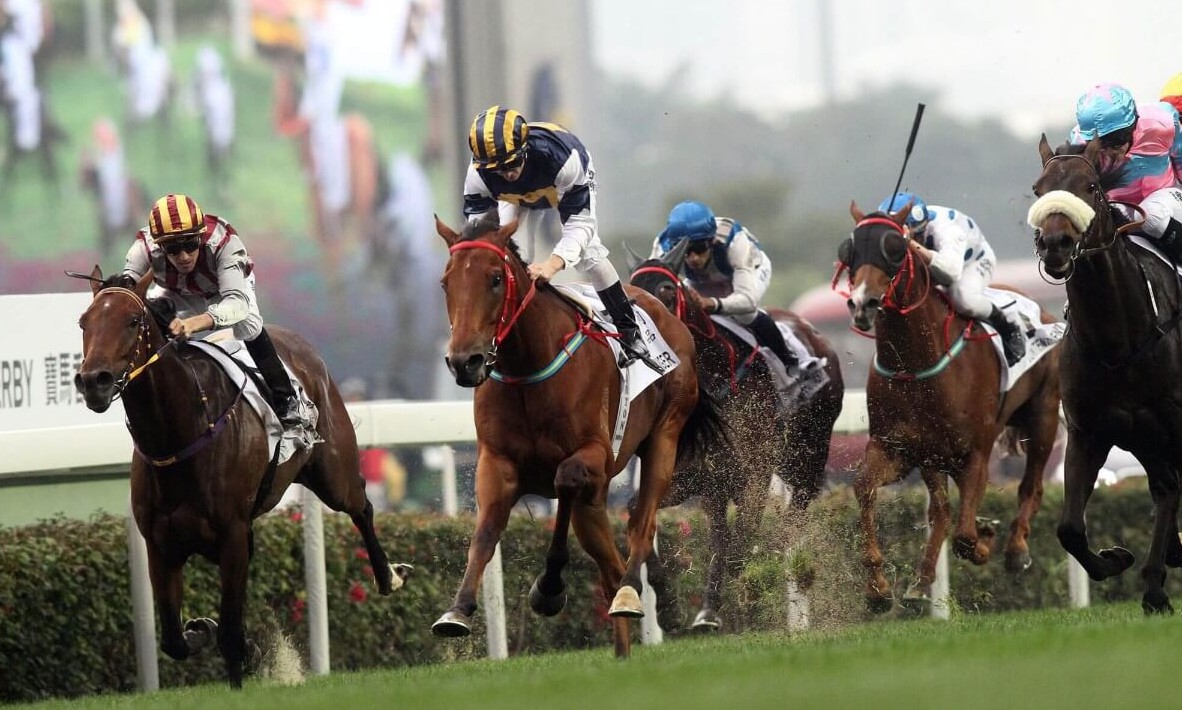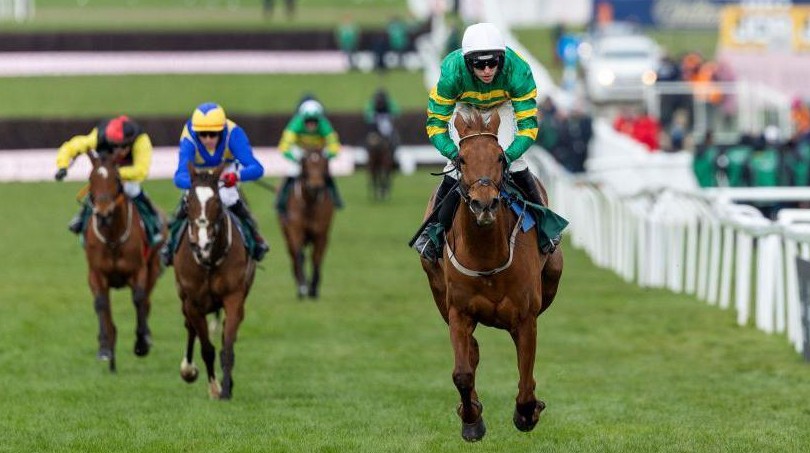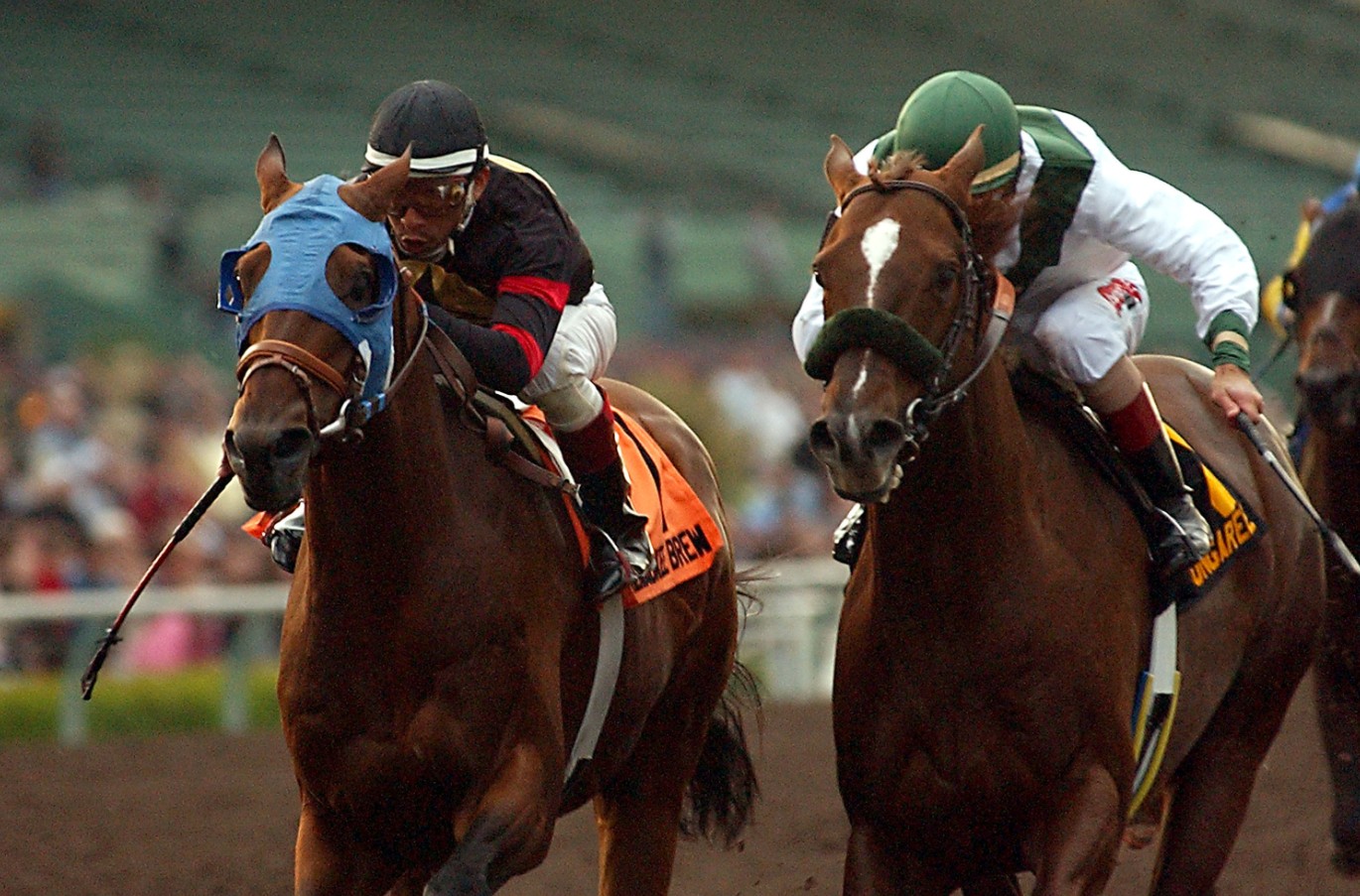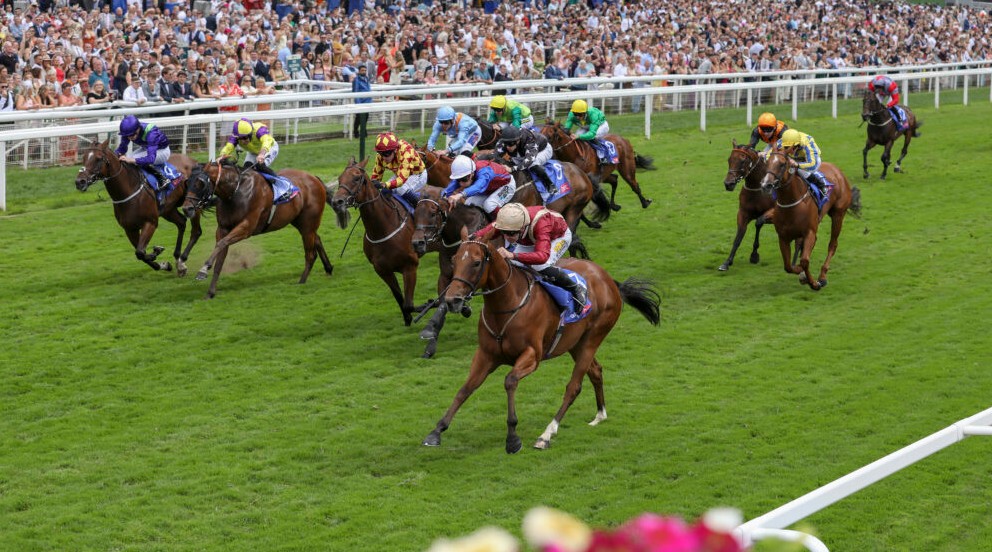Australian Horse Racing News, Tips & Major Events
Horse racing has been a part of Australian culture since the early 19th century. The first official race meeting took place in Sydney in 1810 at Hyde Park. Influenced by British traditions, horse racing quickly became a social and sporting phenomenon across the colonies.
By the mid-1800s, race clubs were forming in all major cities and towns. Events were tied to festivals, holidays, and community gatherings. As the sport grew, so did its infrastructure, with tracks, breeding farms, and stables developing across the country.

Major Racecourses and Racing States
Australia has over 360 registered racecourses—more than any other country in the world. Some of the most iconic race venues include:
- Flemington Racecourse (Melbourne, VIC) – home of the Melbourne Cup
- Royal Randwick (Sydney, NSW) – host of The Everest
- Caulfield Racecourse (Melbourne, VIC)
- Rosehill Gardens (Sydney, NSW)
- Eagle Farm (Brisbane, QLD)
- Ascot Racecourse (Perth, WA)
- Morphettville (Adelaide, SA)
New South Wales and Victoria are the powerhouses of Australian horse racing, but Queensland, South Australia, and Western Australia also host high-quality races throughout the year.
Flat Racing and Racing Formats
The most common type of racing in Australia is flat racing—run over distances between 900 meters and 3200 meters on turf tracks. Unlike in some parts of Europe, jump racing (hurdles and steeplechase) is relatively rare and mainly limited to Victoria and South Australia.
Australian races can be run under weight-for-age conditions, handicaps, or set weights with penalties. The handicap system is particularly popular and allows competitive balance between horses of differing ability.
The Melbourne Cup: “The Race That Stops a Nation”
Held on the first Tuesday of November, the Melbourne Cup is the most prestigious and famous horse race in Australia. First run in 1861, the 3200m handicap attracts top stayers from around the world and is watched by millions globally.
The Cup is part of the Spring Racing Carnival, which includes other major races like the Caulfield Cup and Cox Plate. The entire country pauses for the Cup, with a public holiday declared in Victoria and massive betting turnover nationwide.

The Everest and Sydney’s Racing Revolution
In recent years, Sydney has emerged as a powerful rival to Melbourne in horse racing, thanks in large part to The Everest—the world’s richest turf race. Launched in 2017 at Royal Randwick, The Everest has a prize pool of over $20 million AUD.
The Australian Turf Club and Racing NSW have invested heavily in prize money, facilities, and marketing. Other key Sydney races include the Golden Slipper, Queen Elizabeth Stakes, and the Golden Eagle.
This rivalry between NSW and Victoria has driven innovation, bigger purses, and greater public interest.
Horse Breeding and Bloodstock Industry
Australia is one of the world’s top thoroughbred breeding nations. The Hunter Valley in NSW is a global center for stallions and stud farms, with operations like Coolmore, Darley, and Arrowfield producing elite bloodlines.
Breeding is a multibillion-dollar industry. Stallions command huge stud fees, while yearlings at auctions like the Inglis Easter Sale and Magic Millions fetch prices upwards of a million dollars. Australian-bred horses are exported to Asia, the Middle East, and beyond.

Betting and Wagering on Horse Racing
Betting is a cornerstone of Australian horse racing. From traditional TAB outlets to online bookmakers and mobile apps, punters have many ways to bet on races.
Common bet types include:
- Win and Place
- Quinella and Exacta
- Trifecta and First Four
- Multi-race bets like Doubles, Quaddies, and Trebles
Wagering turnover on horse racing reaches billions annually. Regulatory bodies monitor betting activity closely to maintain integrity and protect consumers.
Jockeys and Trainers: Australian Racing Legends
Australian horse racing has produced world-class jockeys and trainers. Legends like Damien Oliver, Glen Boss, Hugh Bowman, and Michelle Payne (first female Melbourne Cup-winning jockey) have achieved international fame.
Top trainers include Chris Waller, Gai Waterhouse, Peter Moody, and Ciaron Maher, who consistently deliver Group One victories and develop elite-level horses.
The partnership between jockeys and trainers is crucial to success, and their skill, strategy, and consistency drive public and industry admiration.
Major Racing Carnivals in Australia
Australia hosts racing carnivals throughout the year across all states. Key events include:
- Melbourne Spring Carnival (Oct–Nov)
- Sydney Autumn Carnival (Mar–Apr)
- Magic Millions Carnival (Jan, Gold Coast)
- Brisbane Winter Carnival (May–Jun)
- Perth Racing Carnival (Nov–Dec)
- Adelaide Racing Carnival (Apr–May)
These carnivals feature not only top-level races but also fashion, entertainment, and hospitality experiences, making racing a social and cultural spectacle.
Media Coverage and Broadcasting
Horse racing enjoys extensive media coverage in Australia. Dedicated channels like Racing.com and Sky Racing provide 24/7 content, including live races, replays, interviews, and betting analysis.
Free-to-air networks and streaming platforms have expanded racing’s reach. Social media and podcasts also play a growing role in attracting new fans and engaging younger audiences.

Challenges and the Future of Australian Racing
Horse racing in Australia faces several challenges:
- Animal welfare concerns and public scrutiny
- Competition from other sports and gambling platforms
- Changing consumer habits and attention spans
- International competition and bloodstock costs
Racing bodies are responding with reforms in horse care, stricter rules, and transparency in training and retirement practices.
Digital innovation, increased prize money, female participation, and global exports are helping modernize the sport and secure its future.
Conclusion: A National Passion
Horse racing is deeply embedded in the Australian way of life. From historic tracks to modern-day billion-dollar races, the sport continues to evolve, inspire, and entertain.
Whether it’s placing a bet on a Saturday, watching the Melbourne Cup with friends, or visiting a local track, horse racing connects Australians of all backgrounds through excitement, heritage, and the thrill of competition.